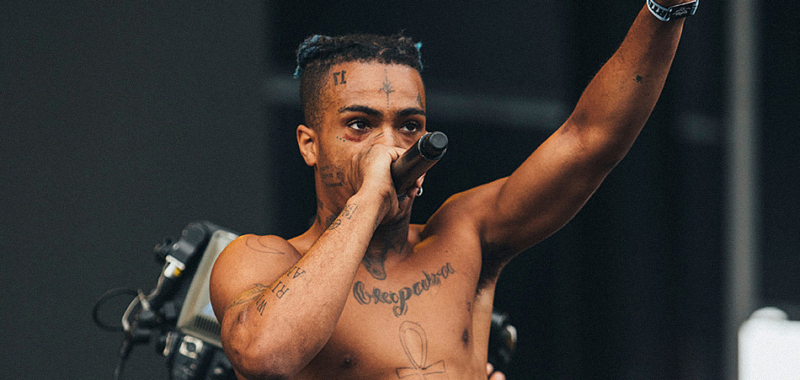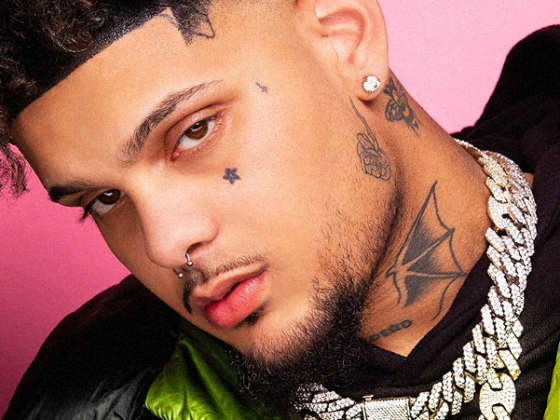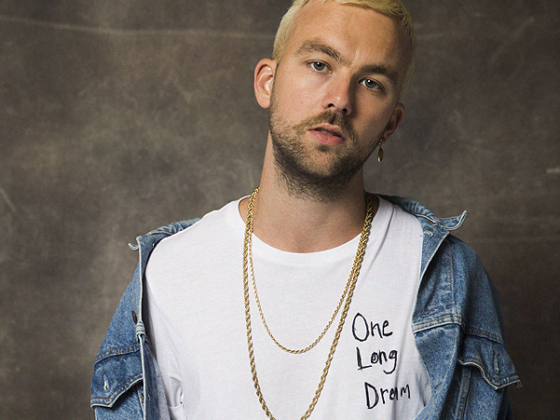'Look At Me!' provides a nuanced look at the controversial life of XXXTentacion

There were few figures in the late 2010's music landscape that were more polarizing than XXXTentacion, aka Jahseh Onfroy, the generational, diamond-selling artist whose controversies paralleled his achievements. Told through…
Share



